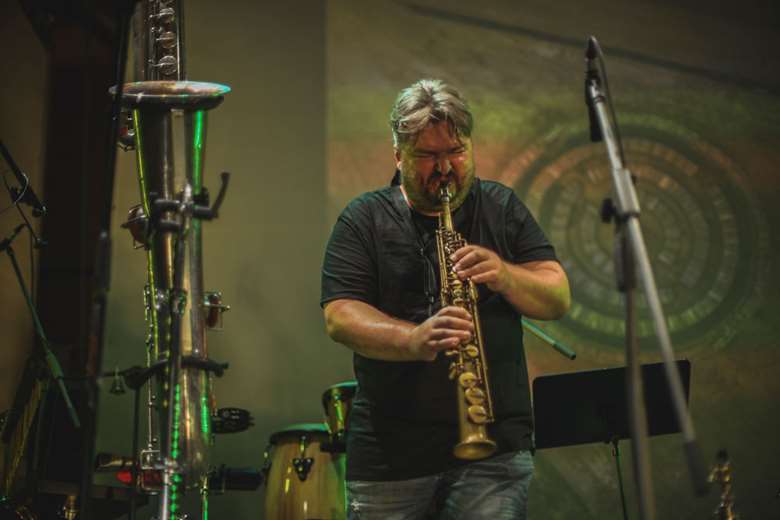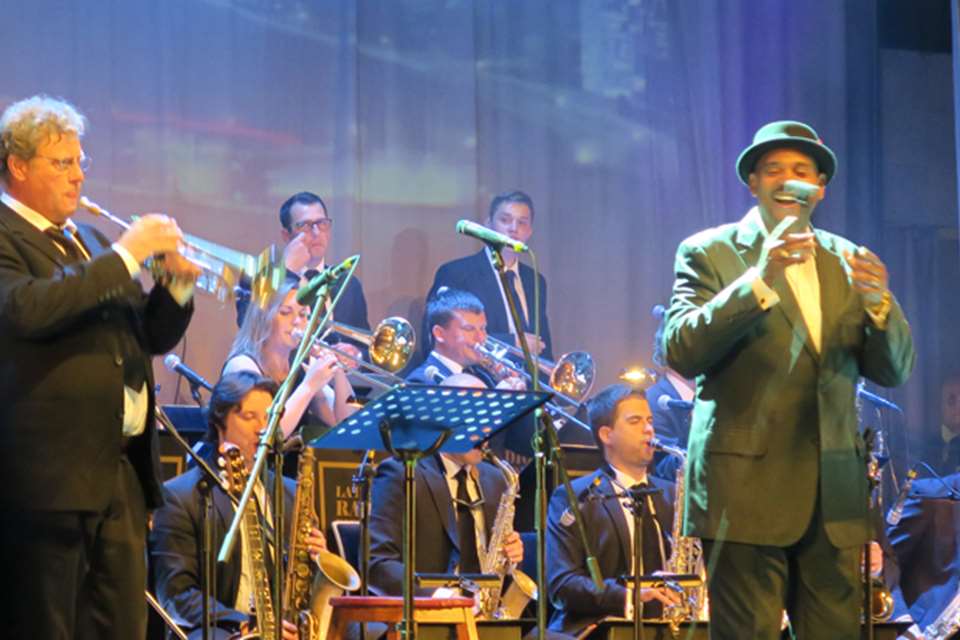Rigas Ritmi pulls in international talent and local heroes
Martin Longley
Thursday, July 8, 2021
Global groovers Bokanté and local heroes Liudas Mockunas/Arvydas Kazlauskas and Jānis Ruņģis impress, so says Martin Longley


Register now to continue reading

Thank you for visiting Jazzwise.co.uk. Sign up for a free account today to enjoy the following benefits:
- Free access to 3 subscriber-only articles per month
- Unlimited access to our news, live reviews and artist pages
- Free email newsletter
